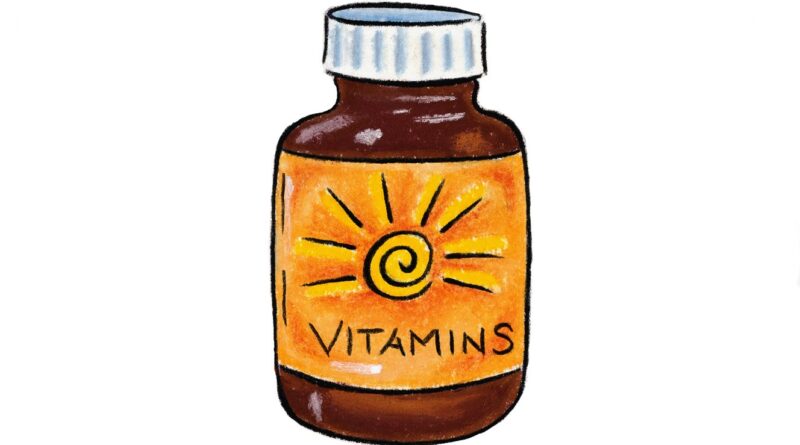The Best Supplements for ADHD
[Please note that this page contains affiliate links. If you choose to purchase after clicking a link, I may receive a commission at no extra cost to you.]
The Best Supplements for ADHD:
Vitamin D
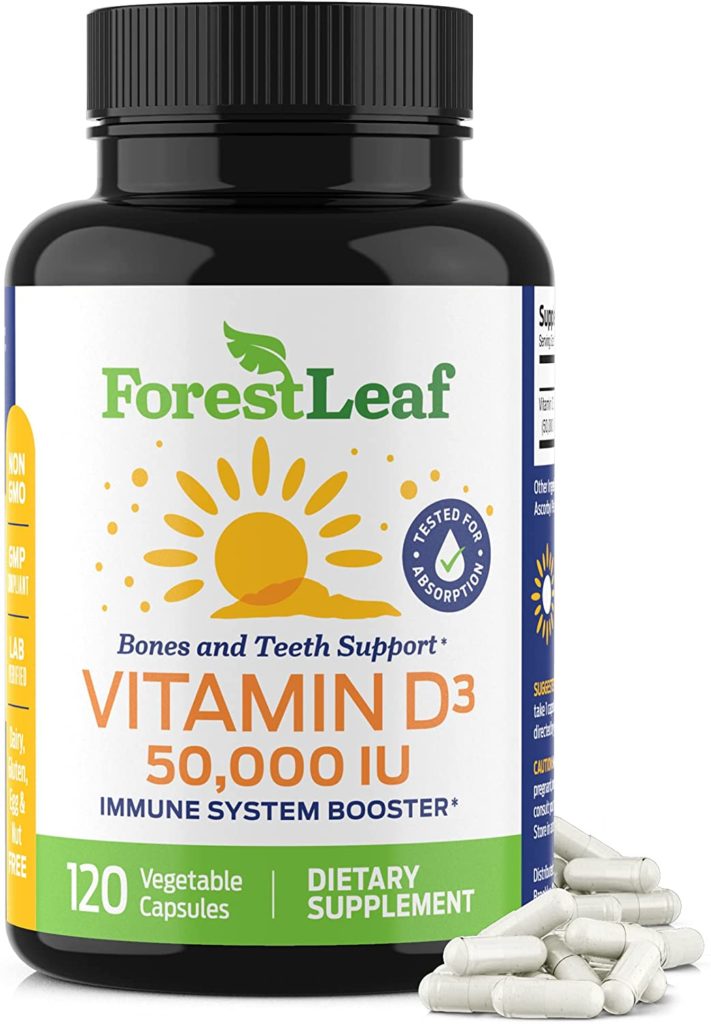
Most children today in North America have deficient levels of vitamin D.
In new research, scientists have shown that children with ADHD and ADD have lower vitamin D levels than those who don’t have ADHD or ADD.
Some newer studies have shown that soon-to-be mothers with low vitamin D levels had a higher chance of their children having ADD or ADHD.
Vitamin d foods are mushrooms, fish, eggs, cheese, fish, shrimp, peas, tuna, milk and butter.
Vitamin d overdose symptoms are called hypervitaminosis D. That means that vitamin D levels are so high that it starts causing bodily harm, leading to hypercalcemia and many symptoms.
Zinc

Zinc is a mineral that is nowhere near researched and researched as iron and omega-3s, but the research is primarily positive.
Some newer studies that took Zinc with a psychostimulant showed about 40% less stimulant needed to function at optimal levels.
Scientists have also proven that it benefits ADHD and ADD symptoms in general.
Blood is drawn to measure Zinc, as it is ok to take 20-25 mg. of Zinc daily to your child before doing a blood test.
Adults can take 20-25mg. of Zinc twice a day.
Zinc is an antioxidant, and it also has anti-inflammatory properties.
Having a Zinc deficiency is correlated with an increased risk of depression symptoms and depression itself.
Zinc-rich foods are pork chops, pumpkin seeds, garlic, spinach, cashews, and almonds.
Magnesium
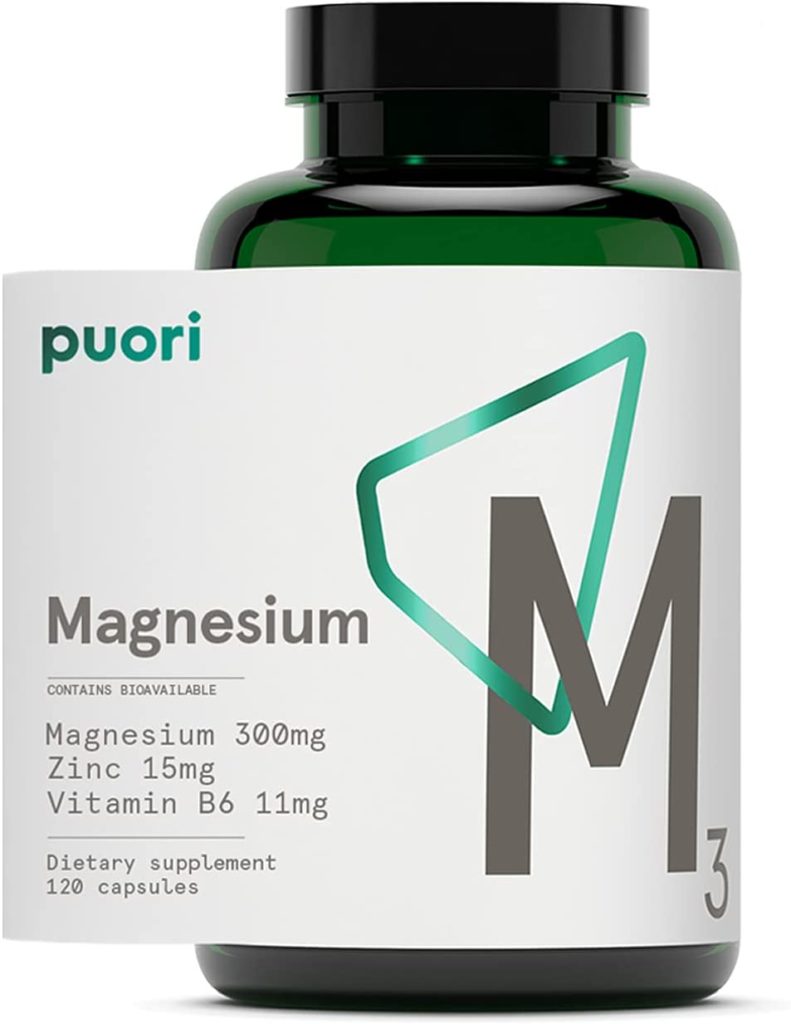
After a blood test shows good levels, taking optimal amounts of magnesium will help relax individuals with ADD and ADHD and calm the very busy scatterbrain. Magnesium can also aid in anxiety and depression.
Magnesium-rich foods are bananas, dark chocolate, peanuts, pumpkin seeds, pistachios, and cashews.
Vitamin C
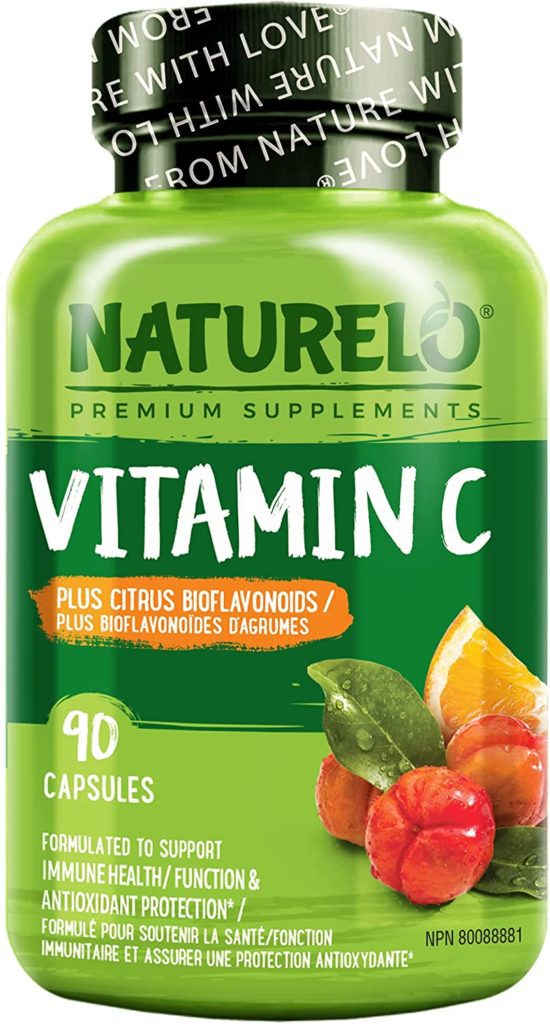
“Vitamin C is important in modulating the neurotransmitter dopamine at the synapses in the brain.” – Dr. Ned Hallowell.
Caution that after taking ADHD meds, do not take vitamin C within an hour.
Vitamin C foods are peppers, potatoes, broccoli, oranges, strawberries and Brussel sprouts.
Vitamin C serum and vitamin C benefits are necessary for the growth, development and repair of all body tissues. It’s involved in many body functions, including the formation of collagen, absorption of iron, the proper functioning of the immune system, wound healing, and the maintenance of cartilage, bones, and teeth.
Ginkgo Biloba
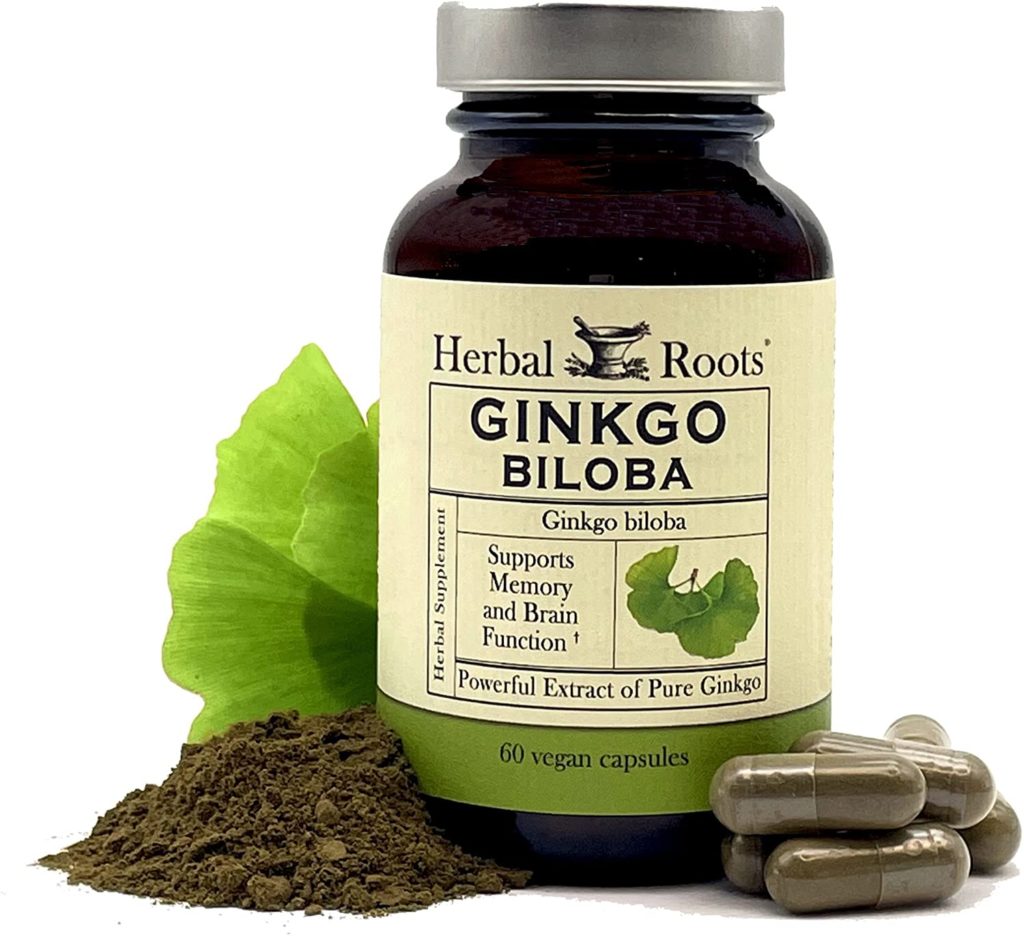
Ginkgo biloba is an herb that improves memory and increases mental acuity.
It also supports healthy brain functioning.
Scientists have also shown in research that Ginkgo Biloba improves inattention.
However, ginkgo Biloba side effects can cause minor side effects such as stomach upset, headache, dizziness, constipation, forceful heartbeat, and allergic skin reactions.
In addition, there is some concern that ginkgo leaf extract might increase the risk of liver and thyroid cancers.

